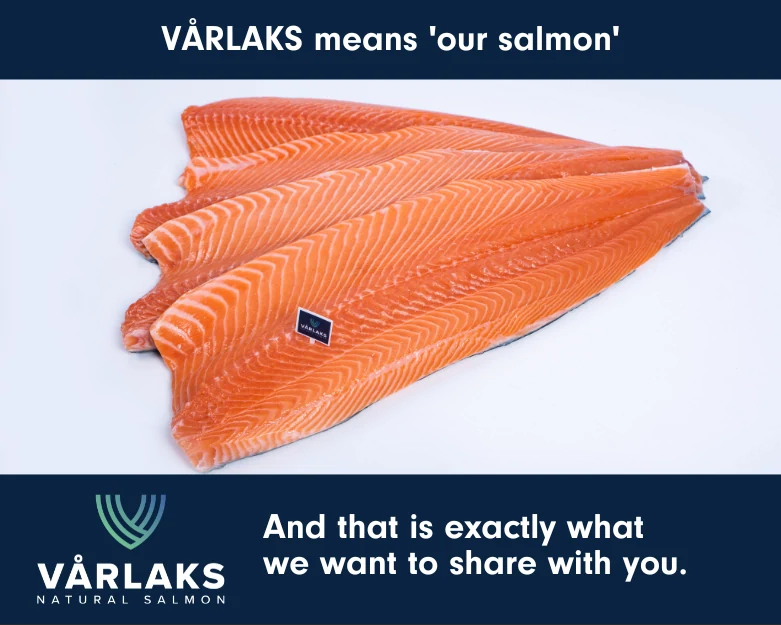Improved fish health is a major concern for the company which recorded a $7 million Q2 loss amidst ongoing ‘biological’ problems.
Salmar-backed salmon producer Scottish Sea Farms’ new £2 million incubation unit is to open this autumn, the company announced in a press release on Thursday.
Up till now, Scotland’s second largest salmon producer has been relying on specialist suppliers for fertilised eggs that reach the eyed stage of development.
This paradigm is set to change with the new incubation unit. Situated in a building right next to the main hatchery, the unit will allow the company to receive and fertilise eggs on-site immediately after stripping.
This strategic shift will allow the eggs to be incubated during their most vulnerable developmental stages before they’re moved to one of the company’s three hatcheries.
Rory Conn, Scottish Sea Farms Head of Freshwater, articulated the significance of this development, noting, “Our aim is to establish a custom-built facility that enhances our control over eggs earlier in the production cycle.”
Conn elaborated on the incubation process, citing that the prolonged incubation at colder temperatures, as low as 2-3°C, will likely foster a gradual and stable ova development, a method supported by recent research advocating for improved fish cardiac health.
The Barcaldine Hatchery’s water quality will further amplify the benefits of this early egg control, according to Conn.
“The importance of clean water can’t be overstated, and Barcaldine stands tall in this regard,” he said.
The main hatchery employs an advanced recirculating aquaculture system (RAS), which the company claims is the most sophisticated of its kind in Scotland.
This system extracts freshwater from the nearby Gleann Dubh reservoir, passing it through intricate filtering and UV light processes to eliminate impurities down to 0.01 microns, ensuring complete protection against bacteria and viruses.
“The water’s impeccable cleanliness ensures maximum safety for the ova,” Conn said.
The new unit is predicted to generate four specialised roles at Barcaldine, spanning activities from egg fertilisation to ova disinfection.
Although the initial phase will see only a segment of the ova supply being fertilised on-site, the unit boasts the capability to meet all of Scottish Sea Farms’ current and anticipated ova needs, according to the company.
Challenging Q2
Established in 1974, Scottish Sea Farms is co-owned by Norwegian salmon farming giants Leroy Seafood and SalMar.
Improved fish health is a major concern for the company which recorded a $7 million Q2 loss amidst ongoing ‘biological’ problems.
The period from April to June was “extremely challenging”, and the estimated harvest volume for the year has been slashed to 27,000 metric tons, equating to a 30 percent drop in production on 2022.
The company reported a NOK 65 million (£4.8 million) loss for the second quarter of 2023, after NOK 70 million (£5.2 million) in profit for the same period last year.









